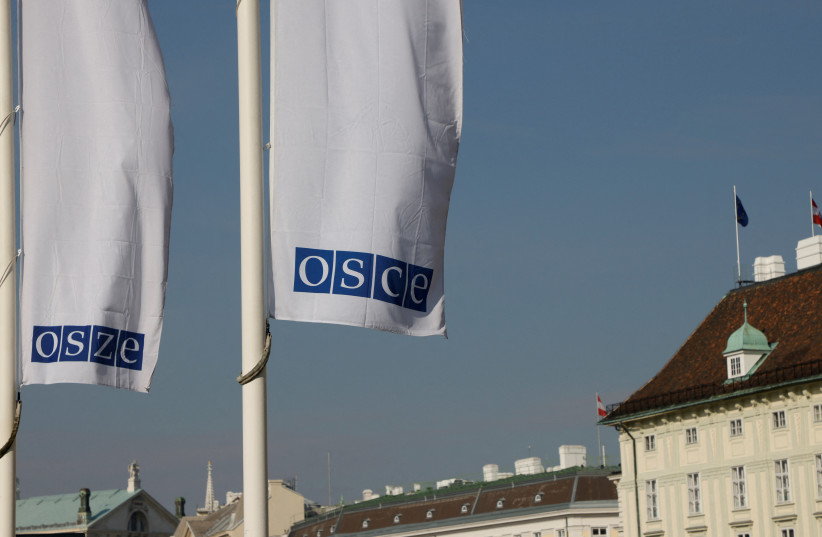Director of the Peace Research Institute Oslo (PRIO) Henrik Urdal has published a short list for the 2024 Nobel Peace Prize.
At the top of the list is the OSCE’s Office for Democratic Institutions and Human Rights, followed by the International Court of Justice, UNRWA and Philippe Lazzarini, Article 36 and the Campaign to Stop Killer Robots, and UNESCO and the Council of Europe.
The Norwegian Nobel Committee is the organization responsible for selecting the Nobel Peace Prize laureates. However, nominations may be submitted by any persons who are qualified to nominate.
Each year, PRIO's Director presents his own shortlist for the Nobel Peace Prize. The PRIO Director's view on potential and worthy Nobel Peace Prize laureates is widely recognized and has been offered since 2002. Urdal presents his seventh list since he began his position of director in 2017.
A pattern of nominees promoting democratic efforts
The top pick, the OSCE’s Office for Democratic Institutions and Human Rights, observes elections throughout 57 participating states. It also provides technical assistance to improve the legislative and administrative framework for elections in specific countries. Its work is performed to ensure free and fair elections.

Urdal said regarding his top choice, “Democracy is on the ballot this year as more than half the world’s population live in a country heading to the polls, albeit not exclusively in democracies. Research shows that democratic states are more peaceful and stable. As elections are a cornerstone of democracy, election observers play a pivotal role in shaping perceptions about the legitimacy of electoral processes. A Nobel Peace Prize awarded to election observers sends a strong message about the importance of free and fair elections and their role in peace and stability.”
The ICJ was chosen for the second spot because of its ability to promote peace through international law and because of the importance of multilateral collaboration for peaceful relations from Urdel’s perspective, according to the organization's website. PRIO mentions the Court’s decision to order Israel to “take action to prevent acts of genocide in the Gaza Strip.” It also mentions its role in March 2022 by ordering Russia to suspend military operations in Ukraine immediately.
UNRWA and its Commissioner-General, Philippe Lazzarini, were nominated due to UNRWA’s “fundamental” effort to prevent a humanitarian catastrophe in Gaza. Urdal argues that a Nobel Prize to the agency would “send a strong message about its role in supporting the lives of millions of Palestinian women, men, and children.” This is in spite of the allegations that UNRWA staff participated in the October 7 attacks as members of Hamas.
The fourth pick, Article 36 and the Campaign to Stop Killer Robots was chosen due to the need to regulate innovation and artificial intelligence. Article 36 is a UK-based non-profit organization whose purpose is to reduce harm from weapons, and the Campaign to Stop Killer Robots is a coalition of organizations working to ensure human control in the use of force.
The final choice, UNESCO and the Council of Europe was chosen due to its role in developing and promoting multiperspective history teaching, a framework that emphasizes the importance of understanding history in a global context as well as developing regional, complementary perspectives. Urdal argues that UNESCO promotes education as a tool for peaceful development.
The Nobel Peace Prize for 2024 will be announced at 11 am on Friday, October 11, 2024.
